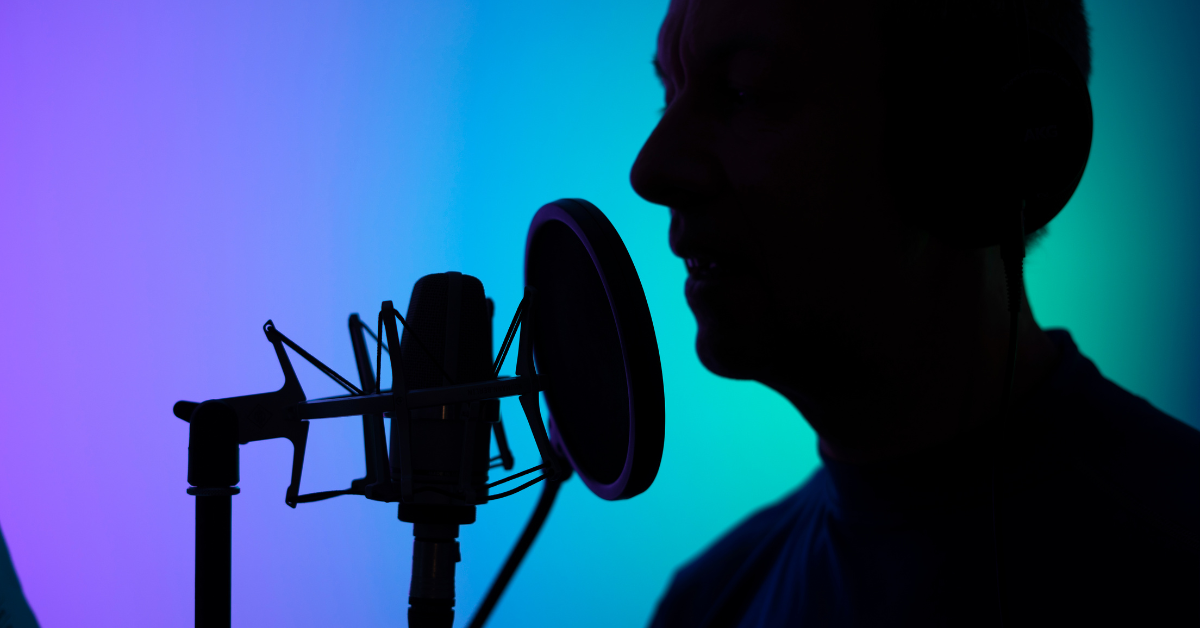AI technology is transforming entertainment, but unauthorized AI voice generation is threatening Japan’s voice acting industry. While AI can enhance production efficiency, using voice actor data without consent undermines their rights, income, and dignity. This article explores why such practices are controversial, how they impact seiyuu, and what Japan is doing to protect them.
What is Unauthorized AI Voice Generation
Unauthorized AI voice generation refers to creating speech or singing using AI models trained on real voice actors’ samples without consent. AI analyzes pitch, tone, pronunciation, and style, replicating voices convincingly. Below is a table summarizing its mechanisms.
| Aspect | Explanation |
|---|---|
| Training | AI learns vocal patterns from recorded data of seiyuu performances. |
| Generation | The model produces new lines or songs mimicking the actor’s voice. |
| Usage | Outputs include dialogue for games, anime, singing covers, and narration. |
In Japan, where seiyuu undergo years of specialized training to master vocal performance, this practice is viewed as exploiting their professional and personal identity. For example, using AI to generate an anime character’s lines without the actor’s recording session removes their creative input, violating both their intellectual property rights and personal dignity.
Why is Unauthorized AI Voice Generation Problematic
Unauthorized AI voice generation has sparked strong criticism for multiple reasons.
| Problem | Details |
|---|---|
| Copyright Violation | Voice recordings are protected works. Replicating them without permission infringes copyright and publicity rights. |
| Economic Damage | AI replacements reduce recording opportunities, cutting seiyuu income. |
| Reputation Risk | Poor AI outputs damage actors’ brand and trustworthiness. |
| Ethical Exploitation | Voices are personal expressions, developed through effort and artistry. |
| Legal Ambiguity | Japan lacks clear AI-specific regulations, creating confusion. |
These problems extend beyond financial loss, striking at the core of respect for artistic labor. In Japan, seiyuu voices are part of character identity. Replacing them with AI models disregards their contribution to storytelling and emotional immersion in anime and games.
Real Cases in Japan
Recent incidents illustrate these risks.
| Case | Description |
|---|---|
| Fan AI Covers | Fans created AI singing covers using seiyuu voices, widely shared online, but without licensing or consent. |
| AI Software Promotion | Some AI tools advertised their ability to imitate specific voice actors’ styles, lacking official contracts. |
| Game Development AI | Developers experimented with AI models to generate extra lines, sparking union protests. |
One high-profile example involved an AI singing project mimicking a famous anime idol’s voice. Although fans initially admired its realism, it faced heavy criticism when they learned it violated the actor’s rights. Agencies such as Aoni Production issued public statements warning that unauthorized AI use of voice actors’ data constitutes legal infringement and brand damage.
Industry and Legal Response
The Japanese voice acting industry is rapidly implementing countermeasures.
| Response | Implementation |
|---|---|
| Contract Updates | Talent agencies include AI usage prohibitions in seiyuu contracts. |
| Guidelines Development | Industry associations draft standards clarifying ethical AI voice use. |
| Legal Reform | Lawmakers discuss revising copyright and publicity rights to cover AI-generated content. |
| Public Awareness | Seiyuu post messages educating fans about unauthorized AI harms. |
For example, top voice actors have stated that unauthorized AI covers erode professional respect, urging fans to avoid such content. Agencies emphasize that AI should be used only with explicit licensing, fair compensation, and transparency to preserve the dignity of seiyuu professions.
Potential Benefits if Properly Regulated
Despite these challenges, AI voice technology has positive potential if used ethically and with consent. Benefits include.
| Benefit | Explanation |
|---|---|
| Efficiency | Routine lines can be AI-assisted, reducing studio hours while allowing actors to focus on dramatic scenes. |
| Accessibility | AI-generated voices can help people with speech disabilities communicate with personalized voice models. |
| Preservation | Retired or deceased seiyuu voices can be archived respectfully for cultural continuity. |
| Innovation | New AI characters co-created under actor supervision can enrich interactive experiences. |
However, such benefits require robust licensing frameworks, actor supervision, and strict legal protections to ensure AI supports human creativity rather than replacing or exploiting it.
Public Awareness and Future Outlook
Public awareness in Japan is growing. Initially, AI singing covers were celebrated for technological novelty, but fans now realize they may harm the actors they admire. Moving forward, Japan is expected to.
- Establish stricter legal frameworks for AI voice usage
- Implement transparent labeling of AI-generated voices
- Promote ethical AI adoption that respects artistic labor
This balanced approach ensures that AI becomes a supportive tool, not a replacement for human artistry, preserving the cultural and economic foundations of anime and gaming industries.
Conclusion
Unauthorized AI generation of Japanese voice actors presents complex legal, ethical, and professional challenges. While AI voice generation technology is a powerful tool, its misuse risks undermining creators’ rights, dignity, and industry sustainability. Japan’s proactive steps towards clear regulations and ethical frameworks will shape the future, ensuring that innovation enhances rather than exploits human creativity.






